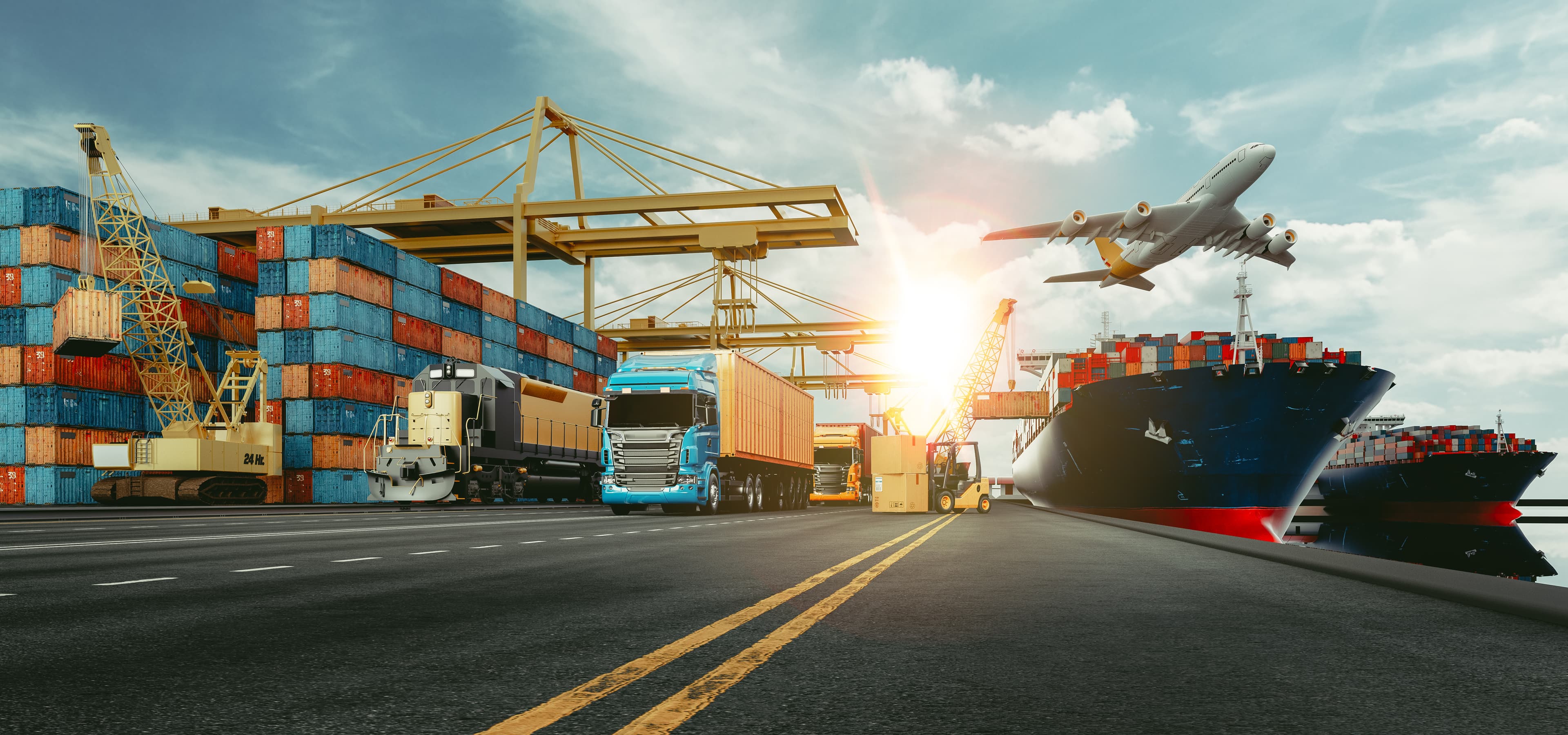Advanced Driver Assistance Systems (ADAS) have revolutionized the automotive industry by enhancing vehicle safety and reducing accidents. These technological advancements are not limited to passenger vehicles; they also play a vital role in ensuring cargo safety during transportation. In this blog post, we will explore five key reasons why ADAS, specifically the Bongo IoT ADAS, is important for maintaining cargo safety in the logistics industry. Let's dive in!
Collision Avoidance:
One of the primary concerns in cargo transportation is the risk of collisions, which can result in significant damage to goods, property, and most importantly, human lives. Bongo IoT ADAS integrates various sensors, such as radar, lidar, and cameras, to detect potential collision risks in real time. These systems can provide alerts to drivers, automatically apply brakes, or even steer the vehicle to avoid an imminent collision. By actively preventing accidents, ADAS ensures cargo safety and reduces the financial and reputational costs associated with collisions.
Lane Departure Warning:
Maintaining lane discipline is crucial to prevent accidents while transporting cargo. Bongo IoT ADAS incorporates lane departure warning systems that use cameras and sensors to monitor the vehicle's position on the road. If the system detects unintended lane departure, such as drifting or veering off the designated path, it immediately alerts the driver through visual or auditory cues. By minimizing the risk of lane deviations, ADAS helps prevent collisions and ensures the safe transportation of cargo.
Blind Spot Detection:
Large commercial vehicles often have substantial blind spots that can compromise the safety of both the driver and other road users. Bongo IoT ADAS addresses this concern by employing blind spot detection technology. Using sensors and cameras, the system continuously monitors the vehicle's surroundings and detects objects or vehicles in blind spots. It then alerts the driver, either through visual indicators or audible warnings, enabling them to make informed decisions while changing lanes or maneuvering, thus mitigating the risks associated with blind spots.
Adaptive Cruise Control:
Maintaining a safe distance between vehicles is critical for cargo transportation. Bongo IoT ADAS incorporates adaptive cruise control, which utilizes sensors to measure the distance between the vehicle and the one ahead. The system automatically adjusts the vehicle's speed to maintain a safe following distance, reducing the chances of rear-end collisions. Adaptive cruise control enhances cargo safety by promoting consistent speeds, preventing sudden braking or acceleration, and optimizing fuel efficiency.
Real-time Monitoring and Analytics:
Bongo IoT ADAS provides real-time monitoring and analytics capabilities, allowing fleet managers to track and analyze driver behavior and cargo safety metrics. The system collects data on various parameters, including speed, acceleration, braking, and lane changes. This information enables fleet managers to identify potential risks, address driver training needs, and implement proactive measures to enhance cargo safety. By leveraging the power of data, Bongo IoT ADAS empowers logistics companies to make data-driven decisions and continuously improve their safety protocols.
Conclusion:
Cargo safety is a critical concern in the logistics industry, and the integration of Advanced Driver Assistance Systems (ADAS), specifically Bongo IoT ADAS, has proven to be a game-changer. By leveraging cutting-edge technology such as collision avoidance, lane departure warning, blind spot detection, adaptive cruise control, and real-time monitoring, ADAS ensures the safe transportation of goods while minimizing the risk of accidents. As the industry continues to prioritize safety and efficiency, embracing Bongo IoT ADAS becomes imperative for logistics companies looking to enhance cargo safety, reduce costs, and maintain a competitive edge in the market.
🌐Discover more
Visit at https://www.bongoiot.com/video-telematics
or,

